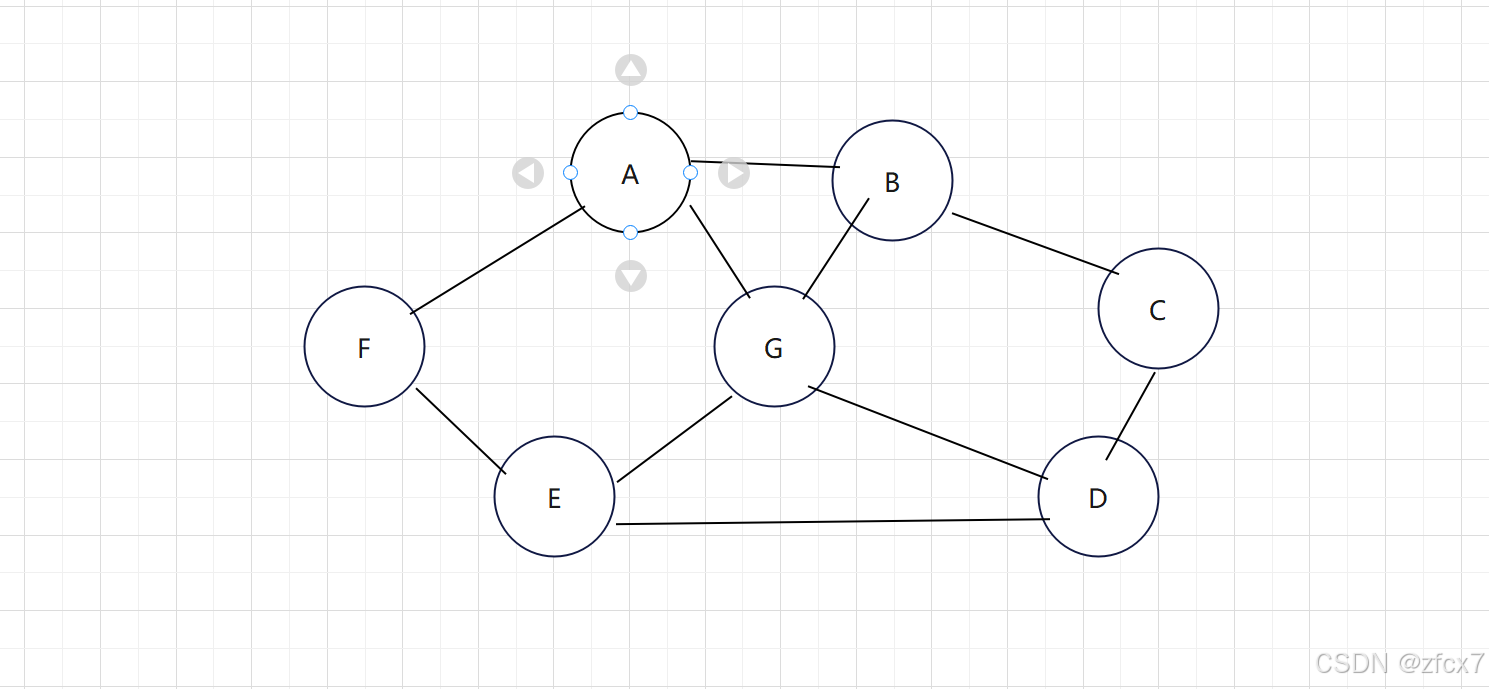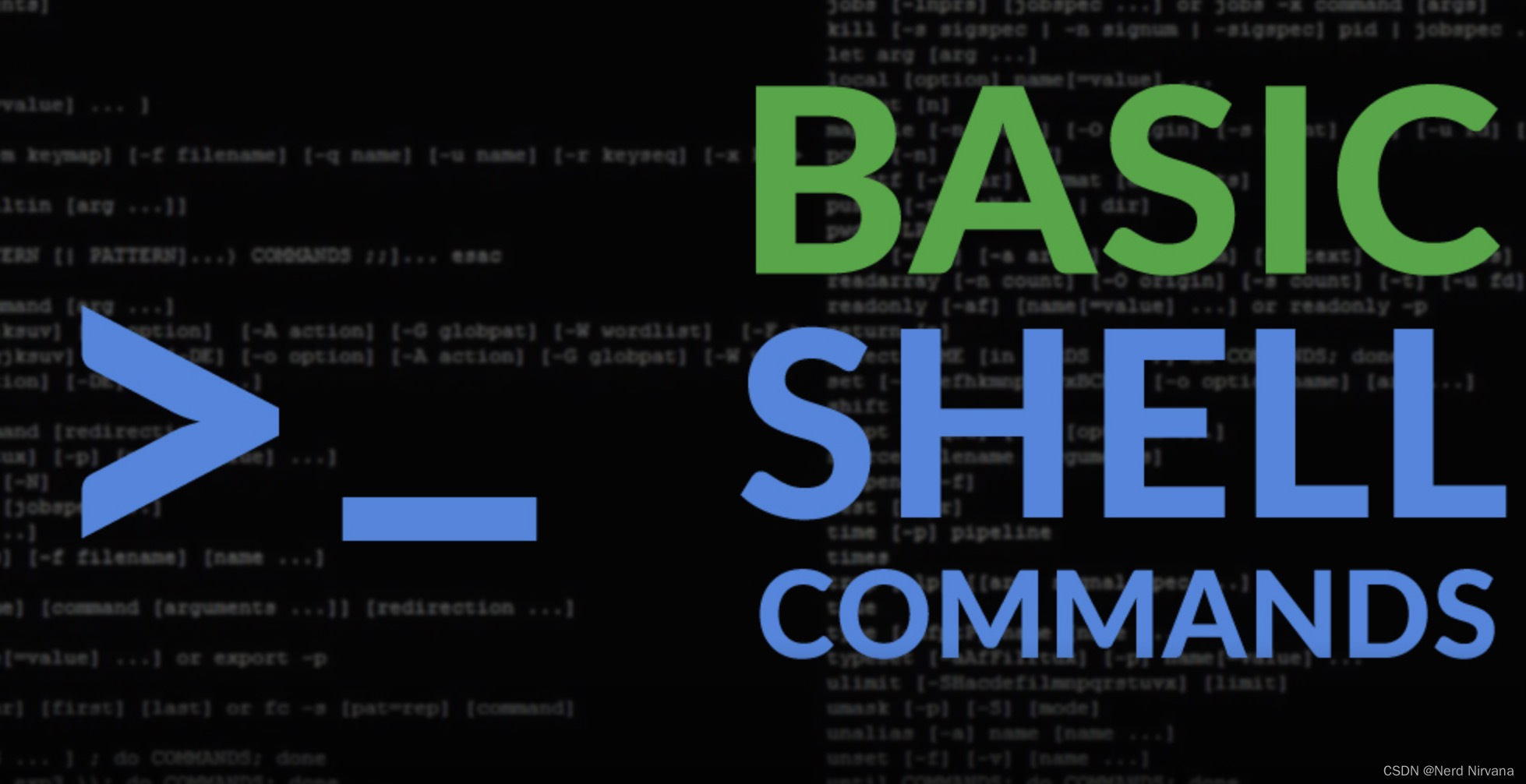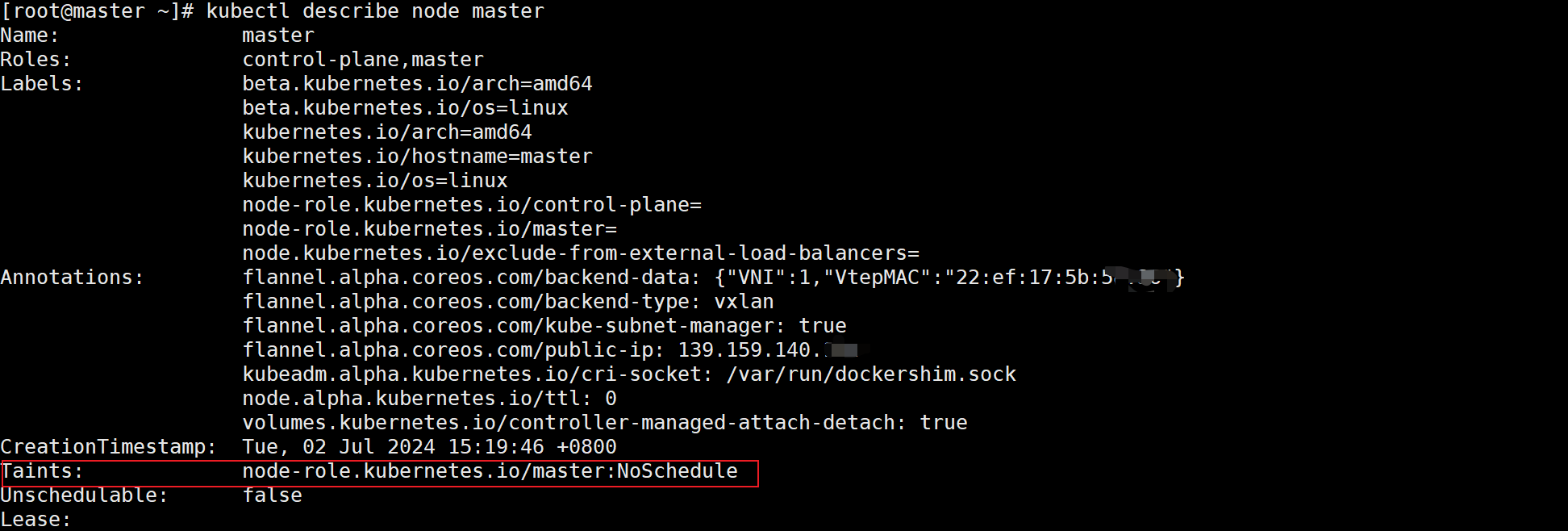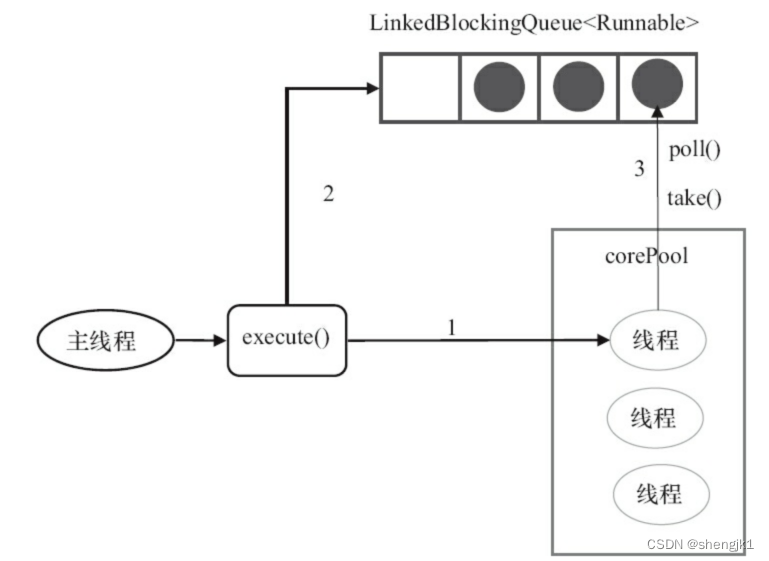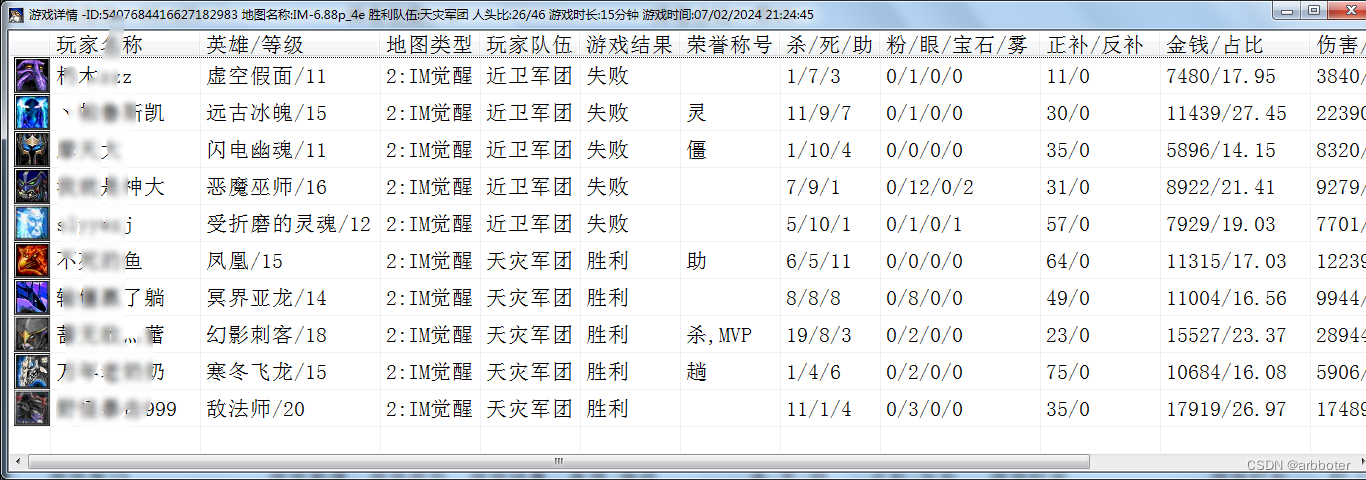本文实现一个简单的系统调用实现,支持输入字符串参数,并返回一个结果字符串。
以下是验证步骤:
1. 添加系统调用编号
试验使用的是 x86_64 架构的 Linux 内核。
找到并编辑 arch/x86/entry/syscalls/syscall_64.tbl 文件,在文件末尾添加新的系统调用号和函数映射,这里使用 548 作为新系统调用编号:
548 64 say_hello sys_say_hello
2. 添加系统调用实现
在合适的内核源码文件中(如 kernel/sys.c ),末尾添加系统调用函数实现:
SYSCALL_DEFINE3(say_hello, const char __user *, name, char __user *, result, size_t, result_len)
{
char kname[256]; // 假设最大长度为256
char msg[512];
size_t msg_len;
// 从用户态复制参数
if (copy_from_user(kname, name, sizeof(kname))) {
return -EFAULT;
}
// 构建返回消息
snprintf(msg, sizeof(msg), "Welcome %s", kname);
msg_len = strnlen(msg, sizeof(msg)) + 1;
// 检查结果缓冲区长度是否足够
if (result_len < msg_len) {
return -ENOSPC;
}
// 将结果复制到用户态缓冲区
if (copy_to_user(result, msg, msg_len)) {
return -EFAULT;
}
return 0;
}
SYSCALL_DEFINE3 宏将自动处理系统调用的关联注册、参数传递处理等,无需其它操作。
3. 编译并安装内核
编译环境准备参见:https://blog.csdn.net/shida_csdn/article/details/139780103
make INSTALL_MOD_STRIP=1 binrpm-pkg -j 8
cd /root/rpmbuild/RPMS/x86_64
yum localinstall *
reboot
重启后,选择新内核

4. 验证系统调用
编写用户态测试程序 say_hello.c :
#include <stdio.h>
#include <unistd.h>
#include <sys/syscall.h>
#include <string.h>
int main() {
char name[] = "Alice";
char result[120];
long res = syscall(548, name, result, sizeof(result));
if (res == 0) {
printf("%s\n", result);
} else {
printf("System call failed with error code: %ld\n", res);
}
return 0;
}
编译并运行:
gcc -o say_hello say_hello.c
./say_hello
# 会看到输出如下内容,证明系统调用成功
Welcome Alice

x86_64 的系统调用的参数传递使用的寄存器,可以在源码 arch/x86/entry/entry_64.S 中找到,最多支持 6 个参数:
* 64-bit SYSCALL instruction entry. Up to 6 arguments in registers.
*
* This is the only entry point used for 64-bit system calls. The
* hardware interface is reasonably well designed and the register to
* argument mapping Linux uses fits well with the registers that are
* available when SYSCALL is used.
*
* SYSCALL instructions can be found inlined in libc implementations as
* well as some other programs and libraries. There are also a handful
* of SYSCALL instructions in the vDSO used, for example, as a
* clock_gettimeofday fallback.
*
* 64-bit SYSCALL saves rip to rcx, clears rflags.RF, then saves rflags to r11,
* then loads new ss, cs, and rip from previously programmed MSRs.
* rflags gets masked by a value from another MSR (so CLD and CLAC
* are not needed). SYSCALL does not save anything on the stack
* and does not change rsp.
*
* Registers on entry:
* rax system call number
* rcx return address
* r11 saved rflags (note: r11 is callee-clobbered register in C ABI)
* rdi arg0
* rsi arg1
* rdx arg2
* r10 arg3 (needs to be moved to rcx to conform to C ABI)
* r8 arg4
* r9 arg5
* (note: r12-r15, rbp, rbx are callee-preserved in C ABI)
*
* Only called from user space.











